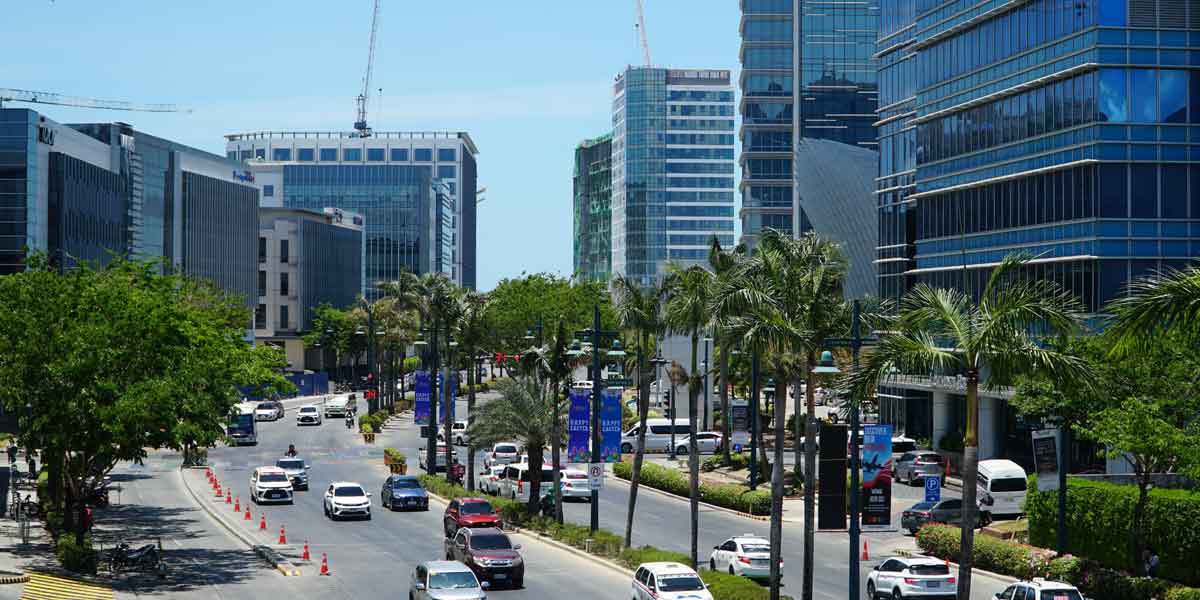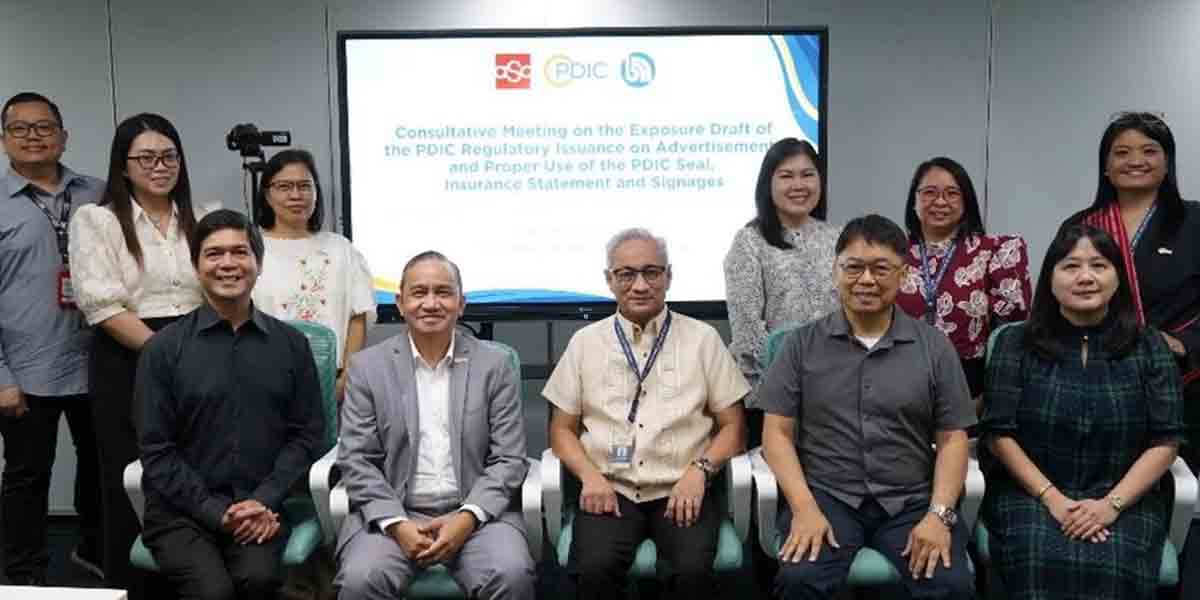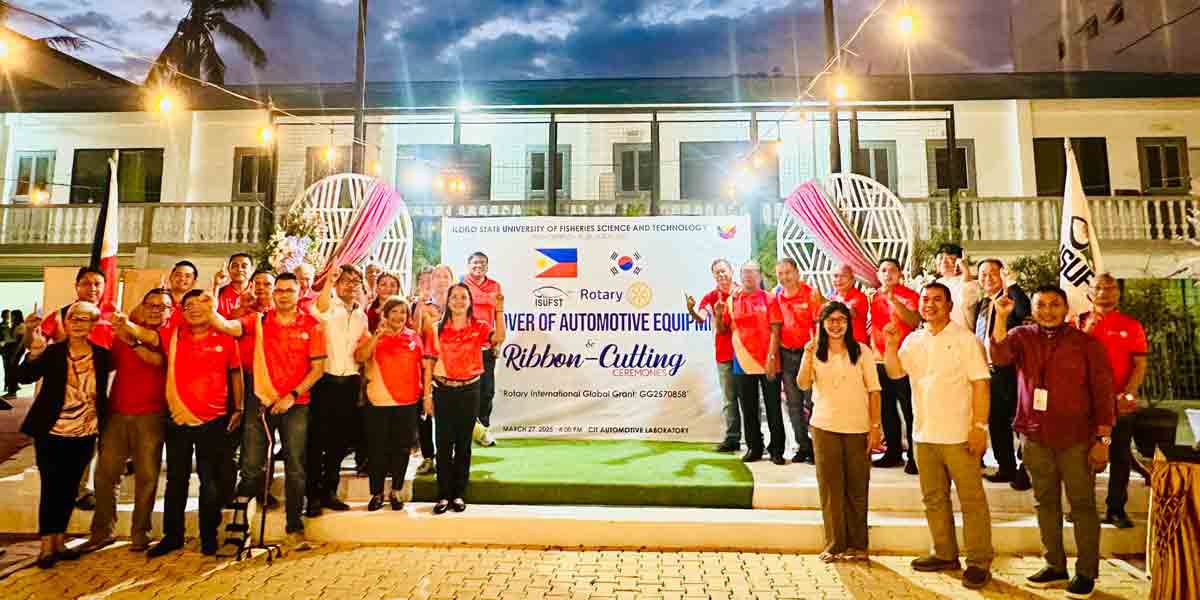Finance Secretary Benjamin Diokno identified the necessary measures needed to solve long-standing issues on water security for true economic and social transformation as detailed in the Philippine Development Plan (PDP) 2023-2028.
“The administration of President Ferdinand Marcos Jr. recognizes that we cannot have a prosperous, inclusive, and resilient society if our citizens are not afforded the basic building blocks of a healthy life,” Secretary Diokno said during the Water Forum 2023, with the theme Sustainable Path to Water Security for the Philippines on May 12, 2023 at the Fairmont Hotel in Makati.
The event was jointly organized by the Financial Executives Institute of the Philippines (FINEX), Water.Org, and Forest Foundation to raise awareness on the urgent need to take action on water security issues.
The Philippine Statistics Authority (PSA)’s 2020 Annual Poverty Indicators Survey (APIS) shows that about 10 percent of Filipino families still rely on unsafe water sources and have no access to quality sanitation facilities.
Secretary Diokno cited the weak and fragmented institutional set-up, competing and changing priorities of water infrastructure, lack of science-based decision support systems, and the unequal delivery of basic water and sanitation services due to inadequate funding and low technical capacities to be the causes of water insecurity in the country.
“If the sector remains business-as-usual, the water crisis is projected to worsen by 2040,” he said.
First, the government must upgrade and expand water infrastructure projects in the country.
This is already underway as the National Economic and Development Authority (NEDA) Board recently approved 194 Infrastructure Flagship Projects that include irrigation, water supply, and flood management.
Furthermore, the Philippine Water Supply and Sanitation Master Plan (PWSSMP) will be used as a guide to achieve universal access to safe, sufficient, affordable, and sustainable water supply, hygiene, and sanitation by 2030.
This will be implemented in synergy with the National Irrigation Master Plan, the National Water Security Road Map, and various Flood Master Plans for Metro Manila and major river basins.
Second, the implementation of Integrated Water Resource Management (IWRM) principles and science-based decision support systems must be strengthened.
“This requires utilizing instruments such as water resources assessment, data collection networks, allocation through market instruments, risk management tools, ICT for informed stakeholder participation, and technology for research and development,” Secretary Diokno said.
The PBBM administration also plans to establish the Department of Water Resources (DWR) and Water Regulatory Commission to serve as the primary policy, planning, coordinating, implementing, monitoring, and administrative entity of the Executive Branch, responsible for the comprehensive and integrated development and management of the water resources of the Philippines.
“Once established, the DWR will directly address the institutional fragmentation in the regulation of water resources, supply, and sanitation,” Secretary Diokno said.
Pending the creation of the DWR, President Ferdinand Marcos, Jr. signed Executive Order (EO) 22, creating the Water Resource Management Office (WRMO) under the Department of Environment and Natural Resources (DENR) that will integrate and harmonize the policies, programs, and projects of relevant agencies in the water resource sector.
The Secretary also stressed the need to expand funding to cover innovative financing schemes and the physical network of government and private financial institutions in rural areas.
The Local Water Utilities Administration (LWUA), a government-owned and controlled corporation (GOCC), is the only lending institution in the country with the financial, technical, and institutional development capabilities to enable water supply projects to generate return-on-investments.
“The Local Water Utilities Administration plays a critical role in providing funding to water districts especially those that do not have access to bank financing,” Secretary Diokno said.
Secretary Diokno also encouraged local government units (LGUs) to take the lead in the investment of potable water systems as their revenue shares increased as a result of the Supreme Court’s ruling on the Mandanas-Garcia case.
Finally, Secretary Diokno emphasized that the government must invest more in climate-resilient water infrastructure, such as solar-powered irrigation systems, durable dams, and recycling domestic water at household and community levels as climate change also affects agriculture and energy production.
“It is time to turn the tide on water security. The Department of Finance stands ready to support initiatives towards achieving universal access to clean water while ensuring water security for all,” he said in closing.
















